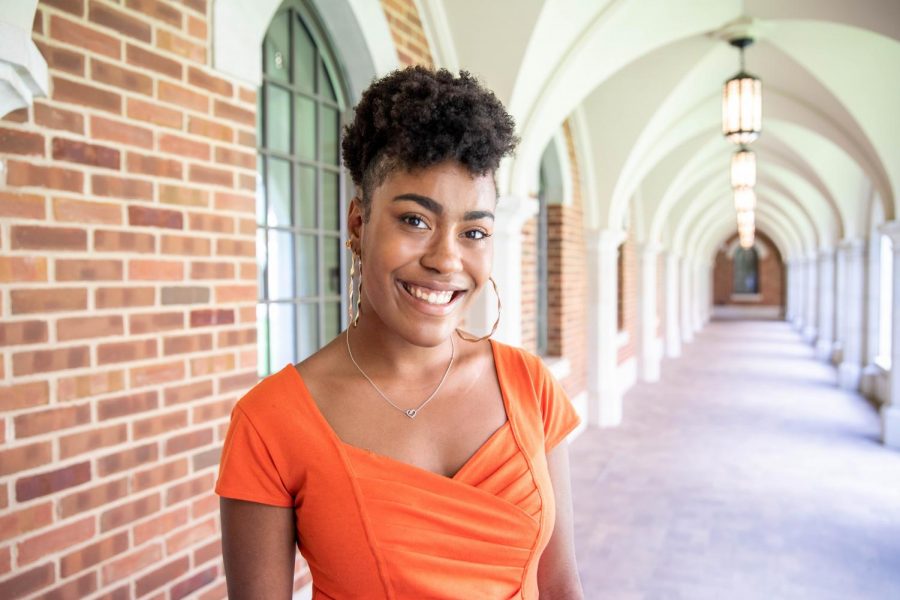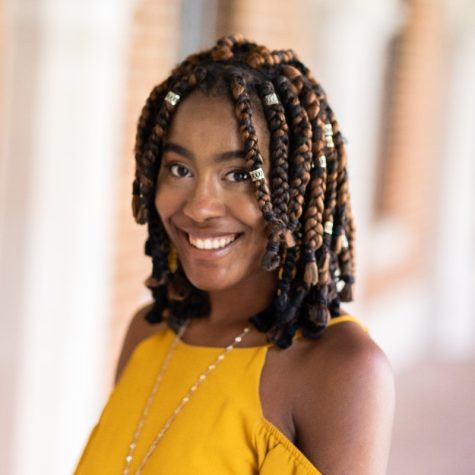Today, the American Red Cross held one of the most important types of donation drives on campus: a blood drive. Blood drives are important because, simply, they save lives. That alone should be reason enough to block off an hour of your day, but too often people only donate after high scale calamities like mass shootings. After the tragic El Paso shooting in August, Texas blood donations spiked. Our bodies can naturally replenish blood, whereas the bodies of victims of incidents like this cannot. Although extra blood is necessary in these events, mass shootings should not have to happen in order to compel us to donate. In advance of Hurricane Florence, Americans were urged to donate blood well before the hurricane was expected to land. This is because donating blood in mass sums the day of or after disasters can actually be less helpful than intended since the excess blood in banks can expire. The best way to be prepared for a shooting, natural disaster or other incident is to donate and donate often because it is the blood already on the ER shelves that saves lives.
Moreover, it’s young blood that’s most in need. Nearly 60 percent of blood donations come from people over 40 and about 45 percent come from those who are over 50.
Regular donors are aging out of the pool, and young people aren’t donating at the same rate.
During World War II, it was considered a civic duty to donate, a duty that was passed down to the children of the next generation. Now it is up to Generation Z to make it a cultural norm once again. Forbid that an incident ever happen at or near Vanderbilt, but it is the blood that you donate today that can save the lives of up to three victims.
Hesitation to donate is understandable. Issues like slight physical weakness following donation can be helped by eating a meal and drinking extra water the day you donate. However, the issues around blood donation encompass concerns of a much greater severity than being a bit dizzy. The Food and Drug Administration’s blood donation policy remains homophobic, as active gay and bisexual men are often restricted from donating. Since the AIDS epidemic started in 1965, homosexual men have been banned from donating blood. The current policy (enacted in 2015) states that they can only donate if they have been celibate for the past year. This information is disclosed through a donor eligibility process. The new policy, while an improvement, remains extremely invasive and it’s still a huge problem that healthy, sexually active gay men cannot donate, especially when the tragedy is one that attacks their own community, as seen in 2016’s Pulse nightclub shooting. As the New York Times reported, “Restrictions on donors were written when H.I.V. testing was slower and less refined. Today, some tests can detect the virus in blood as little as nine days after infection.” Doctors, STD researchers, individuals and advocacy groups have urged the FDA to consider a plan that assesses potential donors individually. Some of these plans have even been added to the FDA’s plan for next steps following their new policy.
This ban is just one– albeit a significant one– of the problems surrounding blood donation. There are other health restrictions that deal with weight, blood pressure, iron deficiency, etc.
However, if you are healthy and in a place to do so, your blood donation could be the difference in someone living or dying. 1 in 7 people who enter a hospital need blood and only 10 percent of the 38 percent of eligible American blood donors donate.
Young people aren’t replacing older donors. And for reasons like it’s necessity to treat traumatic injuries, difficult births and chronic illnesses like cancer and sickle cell, we need an ample supply. For those who can’t donate, but feel compelled to help, consider volunteering at the next blood drive. If you missed today’s in Kissam, fear not. The Red Cross will be back on main campus during homecoming. Until then, they hold blood drives at VU Medical Center the first and third Tuesday of every month. They are held in the North Lobby of Light Hall from 8 a.m. to 2 p.m. The next one is tomorrow, Oct. 1. Sign up here to save a life.




